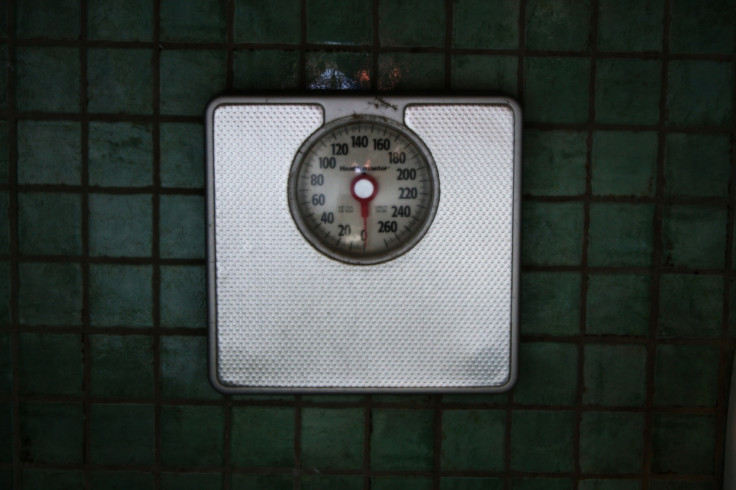Woman 'rapidly became obese' after poo transplant from overweight daughter

A woman rapidly became obese after having a poo transplant for a bacterial infection in her intestines, researchers have said.
The case study, published in the journal Open Forum Infectious Diseases, shows how a 32-year-old suffering from Clostridium difficile infection (CDI) was treated with a faecal transplant – a "promising approach to recurrent CDI", the authors wrote.
The donated stool came from the woman's 16-year-old daughter, who at the time had a BMI of 26.4, but later gained 30lbs.
While the authors cannot say the woman's rapid weight gain was the result of the transplant, studies on mice have shown that lean mice can become fatter if they have a faecal transplant from overweight mice.
The case has raised concerns about the screening of donated stool, the authors from Massachusetts General Hospital and Harvard Medical School said.
Since the surgery and subsequent obesity, the woman has been unable to lose the weight by dieting and exercise, her doctors said.
"She has continued to gain weight despite efforts to diet and exercise, and at 36 months post-faecal microbiota transplant (FMT) her weight was 177 pounds (BMI of 34.5)," the authors wrote. "She has also developed constipation and unexplained dyspeptic symptoms."
The scientists say there are a number of factors that could have led to the rapid weight gain, including increased appetite following the resolution of CDI. However, because she was never obese before the transplant, it could be a result of the operation.
They wrote: "This case serves as a note of caution when considering the use of non-ideal donors for FMT, and we recommend selecting non-overweight donors.
"We're questioning whether there was something in the faecal transplant, where some of those 'good' bacteria we transferred may have had an impact on her metabolism in a negative way."
They concluded: "The hypothesis of FMT triggering or contributing to obesity is supported by animal models demonstrating that an obese microbiota can be transmitted ... This case serves as a note of caution when considering the use of non-ideal donors for FMT, and we recommend selecting non-overweight donors for FMT."
© Copyright IBTimes 2025. All rights reserved.




















